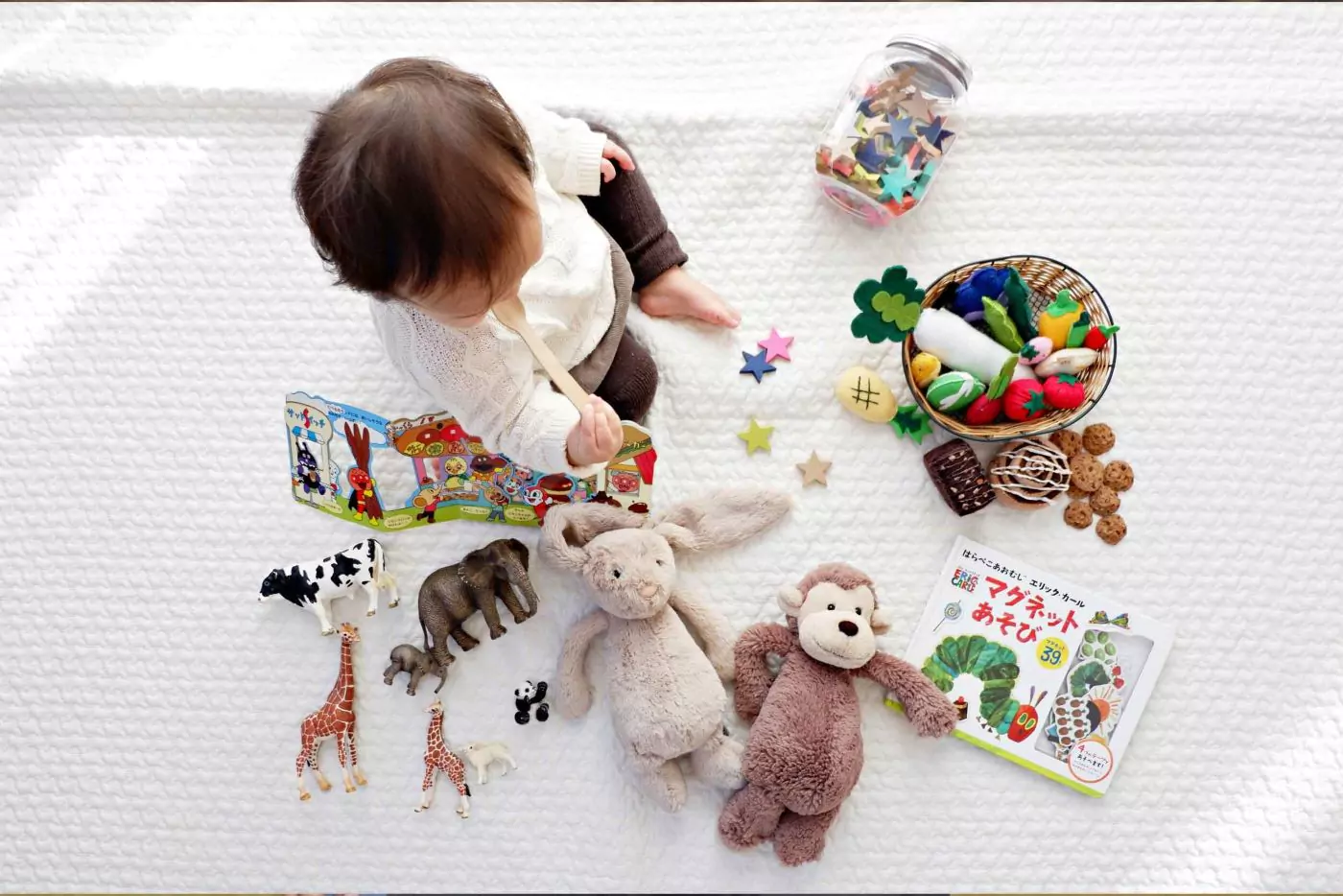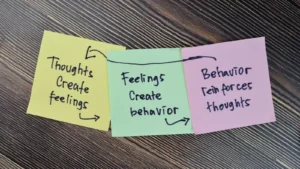What is a Mood Disorder?
All children and adolescents experience emotions and express them through their mood. A Mood Disorder is a medical condition that occurs when a child’s emotions are persistent and consistent and affect their ability to function. Children and adolescents with Mood Disorders may struggle to manage their emotions and complete daily tasks. Mood disorders can occur because of biological, genetic or environmental factors. Children with Mood Disorders are more likely to be affected by depression or anxiety as adults.
How We Can Help Children with Mood Disorders
With a multidisciplinary approach to mental health and well-being, The Sutcliffe Clinic focuses on treating the whole child to reduce symptoms, enhance coping strategies, and improve the quality of life of children with Mood Disorders.
Our program can benefit children who consistently display disruptive moods and emotional or behavioral shifts. We nurture physical and emotional well-being while teaching effective management of mood disorders.
We prioritize social skill development and evidence-based therapies to increase emotional resilience for children, promoting harmony at school, at home and with peers.








